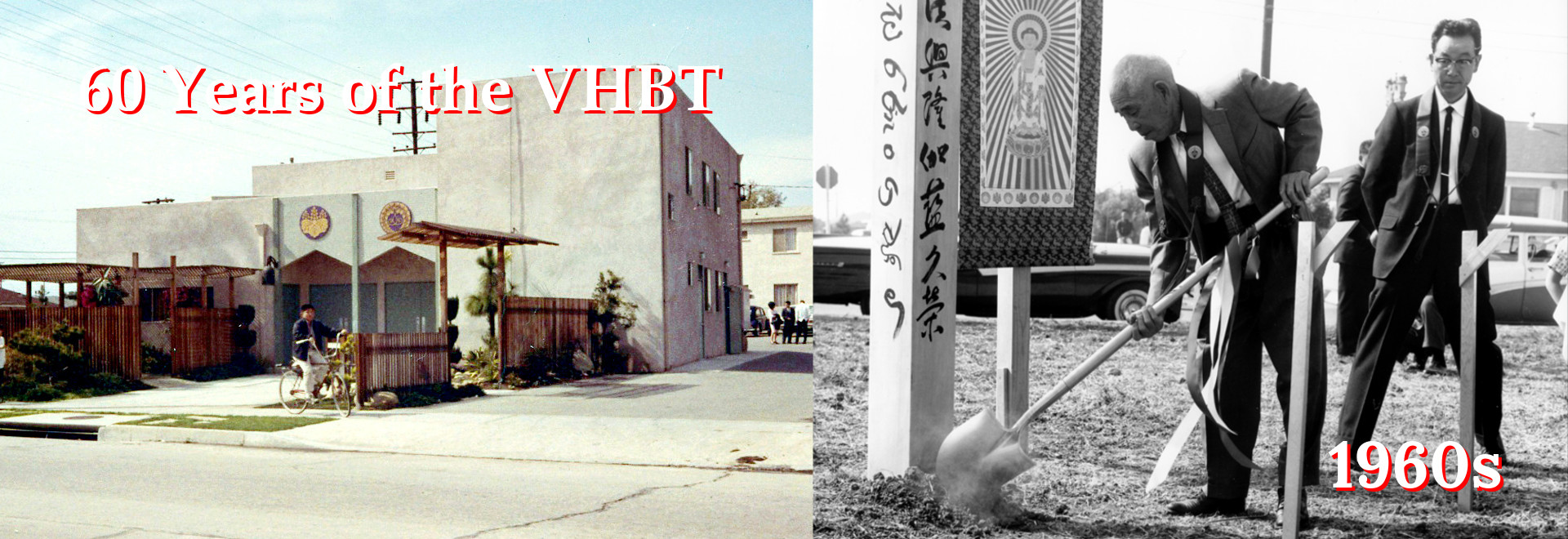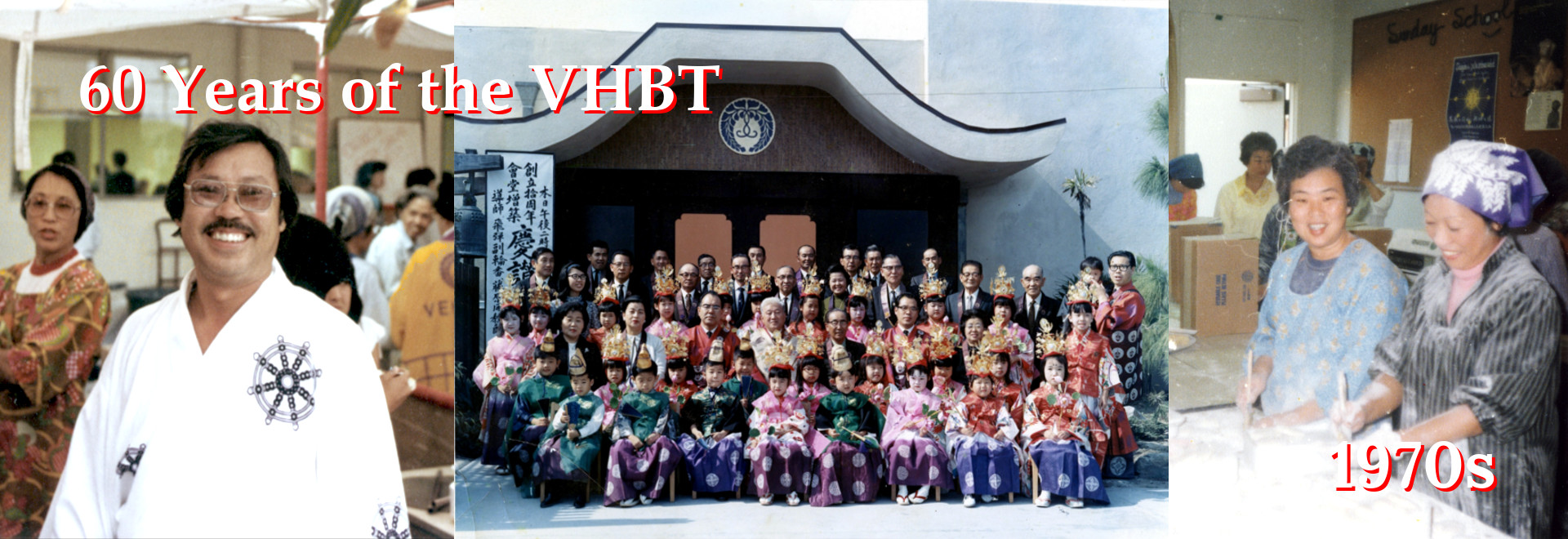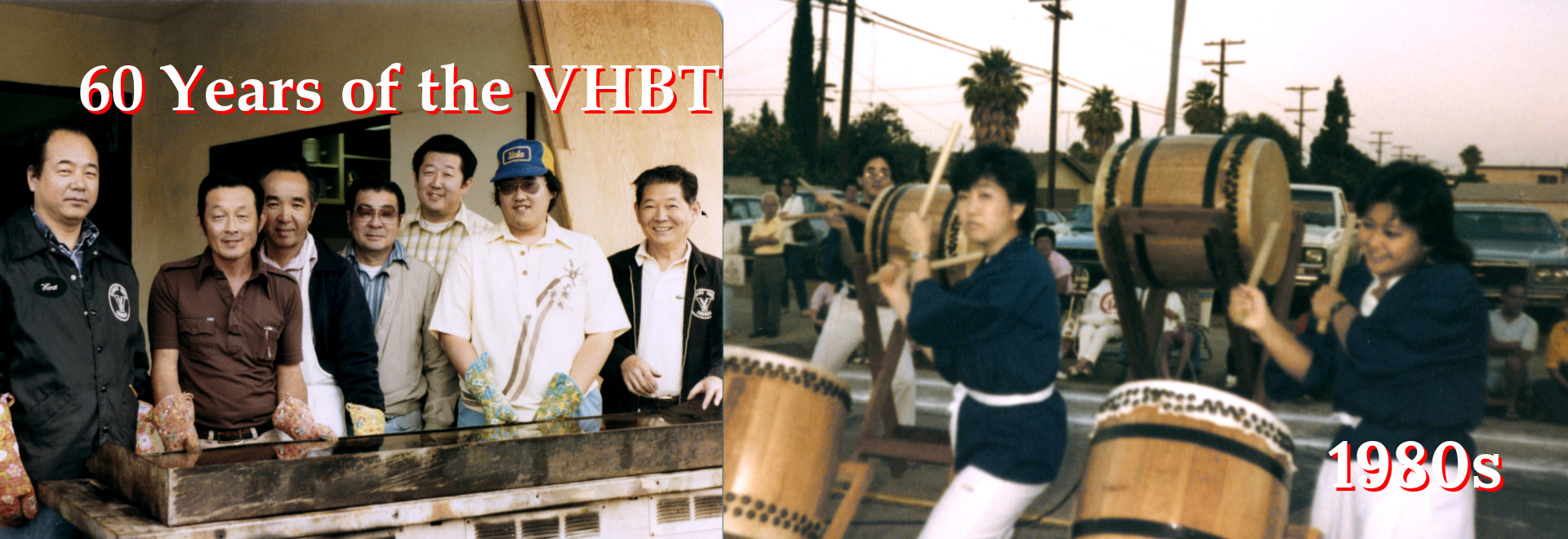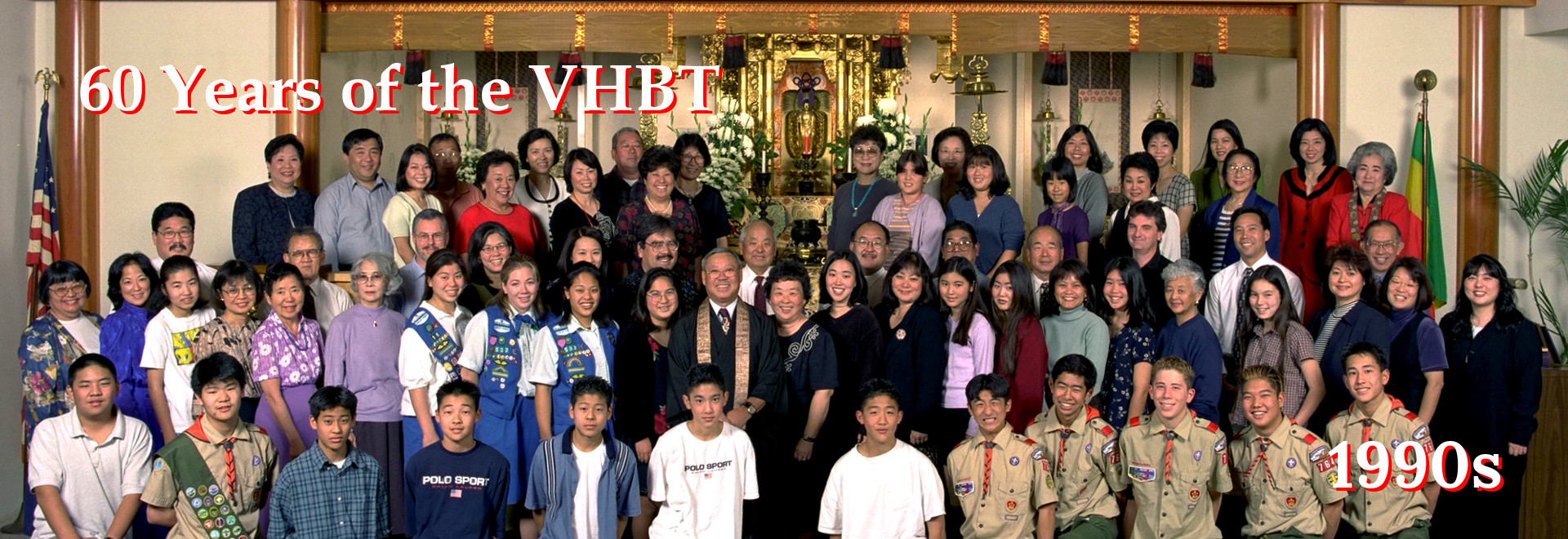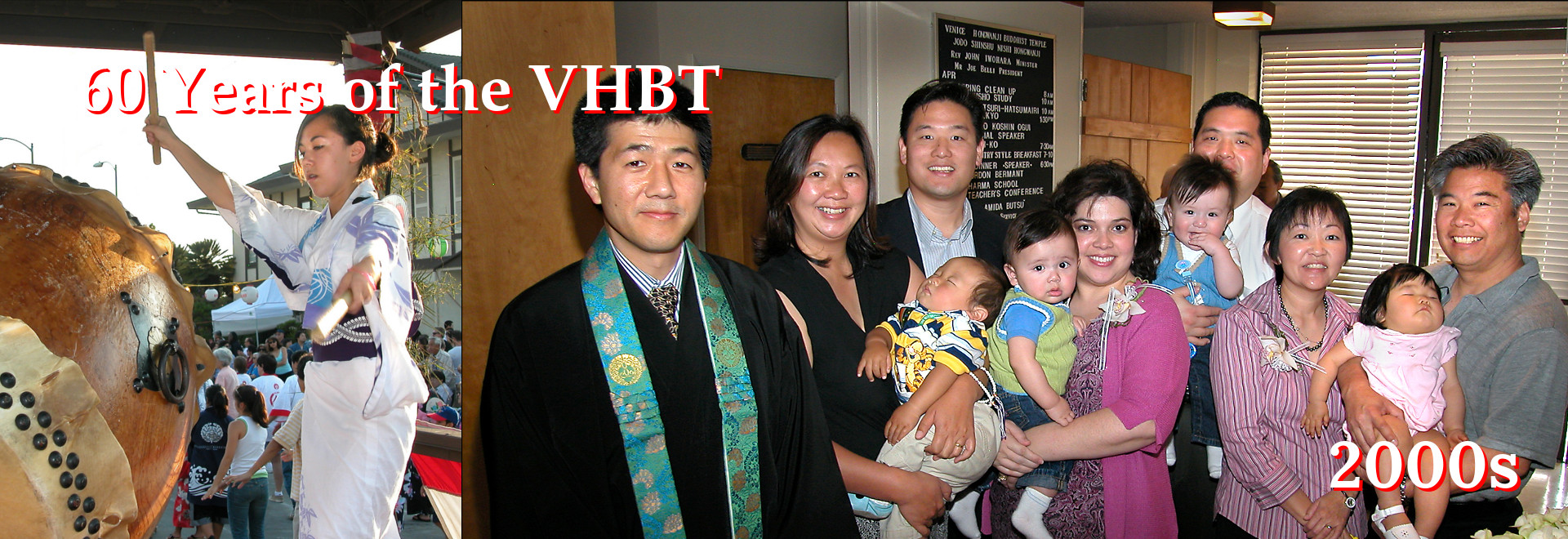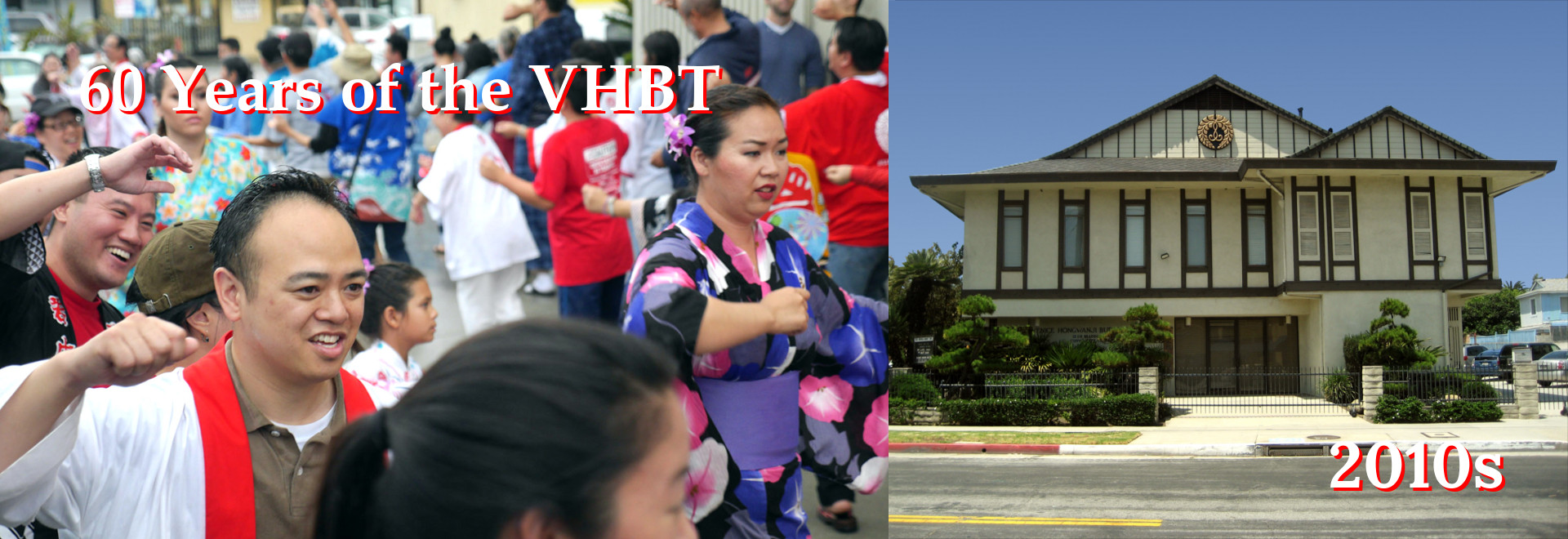On the fourth Wednesday of the month, our Young Adult Buddhist Association (YABA) has been holding their monthly discussion class. Recently, however, they have been talking about texts that are important to the Jodo Shinshu tradition. In April, they talked about the Shoshinge, and in their May meeting they talked about the Tannishou. Although the Tannishou was not written by Shinran Shonin, it remains a very important text because it includes within it many of the lessons shared by Shinran Shonin to those who called themselves his students. It is called Tannishou or “Passages Lamenting Differences” because the author felt that even only after about thirty years since the death of Shinran Shonin, divergent explanations about what Shinran Shonin was trying to share became prevalent. In what we might call the “forward” of the text is written:
“without relying on the (positive) condition of a wise teacher, how is one able to enter into the single gate of easy practice? Absolutely, one should not distort the essence of Other-power with one’s own views.”
and the author points to the responsibility of the person who has received the teachings to transmit these teachings in a direct manner so that, like themselves, all who follow may have the same opportunity to experience the same liberation as did Shinran Shonin.
In talking about the Tannishou, however, we discussed how the text can be divided into three sections. The first section talks about what the essential teachings of Jodo Shinshu are as shared to the author. This section is comprised of the first 10 Chapters. The second section, the section where the text gets its name, talks about the divergent views that existed at the time the Tannishou was written and explains why these are divergent views in contrast to the correct view. The final section gives the author’s perspective on what it means to receive and ultimately to share.
As part of the discussion, a question came up that caught me by surprise and a question that I was not prepared to answer. I was not prepared to answer because it was a question that helped me to see what I was doing “wrong” in my ministry, and one that I was not ready to confront at the time of the question. Paraphrasing, the question was, “Why was there a need to write the eight chapters in the second section of the book? Why do I need to know what is being taught incorrectly?”
Indeed, why is there a need to tell people what not to believe? From that perspective, I did not have an answer. On the other hand, I began to ask myself, “Who are these people?” and “Why would they deliberately say something that is not true?” Could there be that many devious or deviant people? Then it struck me. These people were all probably very “good” people. I can’t imagine that most, if any, deliberately tried to change the teachings. They were all probably very sincere in trying to help other people meet with the Vow. If this is true, then we are left with the question, “What happened?”
In my case, I am sometimes caught trying to explain something that I lack the words to explain. I sometimes try to explain by way of analogy. Analogies, unfortunately, are not always accurate. Some are even mis-leading. I sometimes find myself trying to explain the analogy more than I do the original and more important initial question of “What is Nenbutsu, and how does it relate to me in my life?” In taking the focus away from this crucial question, and even avoiding it sometimes because of things like not wanting to look bad, I am doing exactly what the eight chapters of the Tannishou are warning me not to do. These eight chapters, I am now able to say, are meant to tell me what I am willing to do in the name of personal pride. The Tannishou, then, is not just for those seeking Nenbutsu, but also for those who, like me, claim to have already received the Nenbutsu and are living a life to help share it with others. Thanks to the YABA I have become a little more aware of the difference between wanting to propagate myself versus wanting to share the Nenbutsu. For this I am grateful.
Rev. John Iwohara
May, 2013
